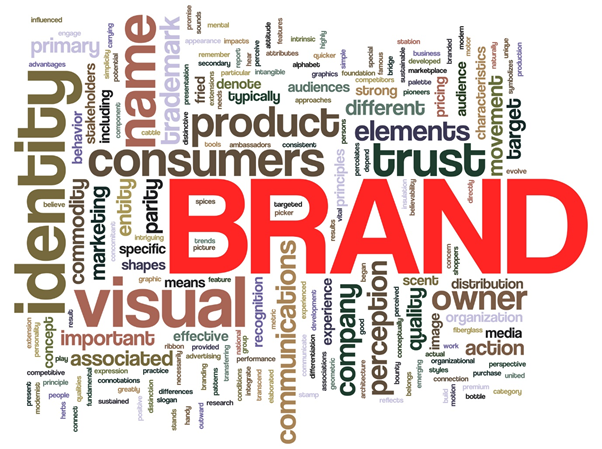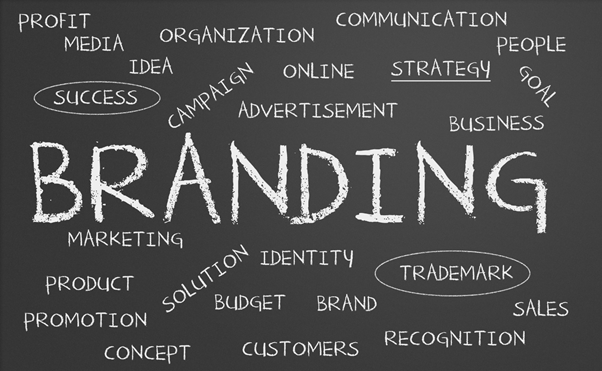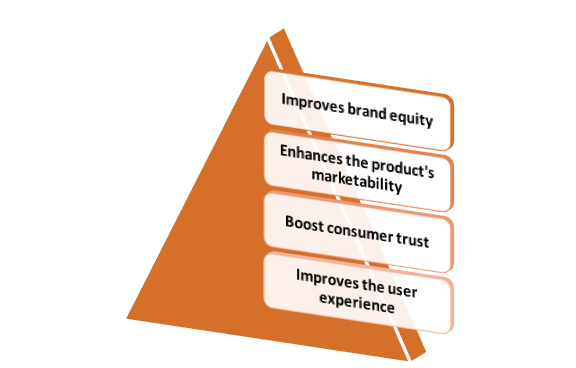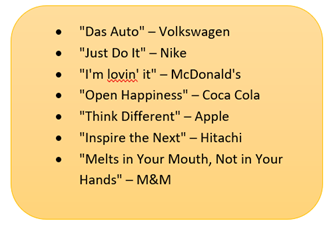What is brand recognition?
Consumers' brand recognition refers to how familiar a brand is to them and whether they will identify it whenever they see it. It includes the firm name, logo, advertising campaign, packaging, tag line and brand colours. An audio cue, like a jingle or theme tune linked with the brand, can also elicit brand recognition.
Eventually, any company's primary issue will be "obscurity." Customers will not give you their trust, attention, or money if they do not recognise you.
The popularity of a brand is closely related to its recognition. Therefore, greater brand recognition usually translates to more significant popularity and larger market share. The most valuable asset of a firm is its brand, and when considering product categories, it is what buyers recognise and remember.
The target audience's recognition is one of the most critical factors in determining a brand's success. Firms invest millions to achieve it, yet it frequently takes years to build.
Brand recognition necessitates the customer's recall of prior information. To build brand recognition, the corporation must offer customers a consistent auditory or visual learning experience regularly. It has grown because of consistency, frequency, and reach. A great advertising strategy is for a company to design a campaign around a character or a concept.
Brand recognition is comparable to brand awareness. In that, it indicates that a customer is aware of the existence of a particular brand. However, brand recognition outperforms brand awareness in terms of consumer preference, loyalty and, in some instances, trust.
Moreover, it could also be the result of negative or good associations. Therefore, brand recognition must be linked with brand equity to gain consumer trust and outreach.
Brand recognition that is linked to negative opinions or emotions, on the other hand, may have the opposite effect: decreased preference, loyalty, and acceptance.
Companies perform market research regularly to assess how well consumers know their brand. They also build strategies and campaigns targeted at boosting brand recognition.
Summary
- Consumers' brand recognition refers to how familiar a brand is to them and whether they will identify it whenever they see it.
- Greater brand recognition usually translates to more significant popularity and larger market share.
- Brand recognition must be linked with brand equity to gain consumer trust and outreach.
Frequently Asked Questions (FAQs)
What role does brand recognition play in business?

Source: © Ribah2012 | Megapixl.com
Boost consumer trust
The more individuals who identify a brand, the more precious it becomes. The value of a brand as a unique asset is represented by brand equity. Brand recognition, to a high degree, assists in the growth of the brand's perceived value.
Apple is arguably one of the most popular brands on the globe. Their gadgets are so famous that some individuals camp out overnight outside the store to get the newest model right off the shelf! Although a new iPhone’s cost is more than $1,000 and a MacBook Pro cost is more than $3,000, they rapidly outsell equivalent gadgets from lesser-known firms.

Sources: © Ijdema | Megapixl.com
Improves brand equity
Customers have a high level of trust for firms with well-known brands. People are more likely to trust something if they are familiar with it. In today's atmosphere, trust-building is becoming an extremely critical marketing activity for all firms.
Enhances the product's marketability
A rise in marketability indicates that a well-known and well-recognised brand is more enticing to purchasers. Consumers are frequently willing to pay a higher price for an item marketed by a well-known corporation and then pick it over generic alternatives.
Improves the user experience
It's believed that brand recognition has a halo effect on the goods as well. Coca-Cola, for instance, constantly surpasses Pepsi in terms of earnings and market share. This demonstrates the dominance of the Coca-Cola brand: customers will purchase it even if another product has a better flavour.

Source: Copyright © 2021 Kalkine Media
What are the strategies for boosting brand recognition?
Employ influencer marketing
Social media is likely one of the best channels for reaching out to consumers around the globe, and social media influencers play an essential part in expanding that reach. Short videos and proper hashtags shared by influencers make it easier to target the right audience.
Influencers usually have a loyal following who believe in them. So, if the influencer promotes the product, the audience will be drawn to it.
Create memorable brand associations
Any brand's visual image, including the tagline and logo, must be designed uniquely, bold, and balanced. The firm's operations must be simple to communicate and understandable. In the face of everything, there should be logos. Firms must maintain reinforcing their logo and name all over the place to make it easier to remember and stay in customers' minds.
The following are some of the most well-known taglines –

Source: Copyright © 2021 Kalkine Media
Create unique product packaging
Brand recognition is boosted by unique product packaging. Allowing people to personalise their packaging might make shopping a lot more fun. In addition, placing the brand's logo, name, and tagline on the package boosts retention.
Make memorable commercials
The commercial of a firm should be a true reflection of corporate identities and values. People should feel that this ad is for them or that it is exactly what they were hunting for when they see it. This can be conducted by targeting the right audience and connecting them to the supplied services or products.
Request customer feedback
Brands that acknowledge the value of human relationships thrive in gaining market recognition. Any consumer's feedback on an item they've used is valuable in better serving their requirements and identifying areas for growth. The consumer loves being asked for product reviews because it makes them feel valuable.
 Please wait processing your request...
Please wait processing your request...